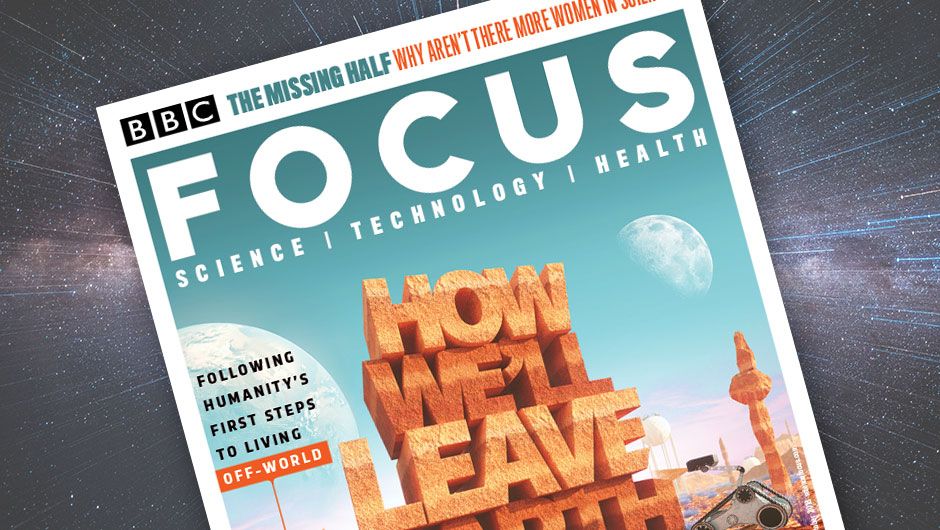This question originally appeared on Quora — the place to gain and share knowledge, empowering people to learn from others and better understand the world. You can follow Quora on Twitter, Facebook, and Google+. More questions:


This question originally appeared on Quora — the place to gain and share knowledge, empowering people to learn from others and better understand the world. You can follow Quora on Twitter, Facebook, and Google+. More questions:



Disruptive solutions that are poised to change the world — a special report produced by Scientific American in collaboration with the World Economic Forum.
Scientific American is the essential guide to the most awe-inspiring advances in science and technology, explaining how they change our understanding of the world and shape our lives.



These actively volcanic islands are home to fascinating creatures found nowhere else on Earth, like marine iguanas and giant tortoises. https://on.natgeo.com/2xatIdd
